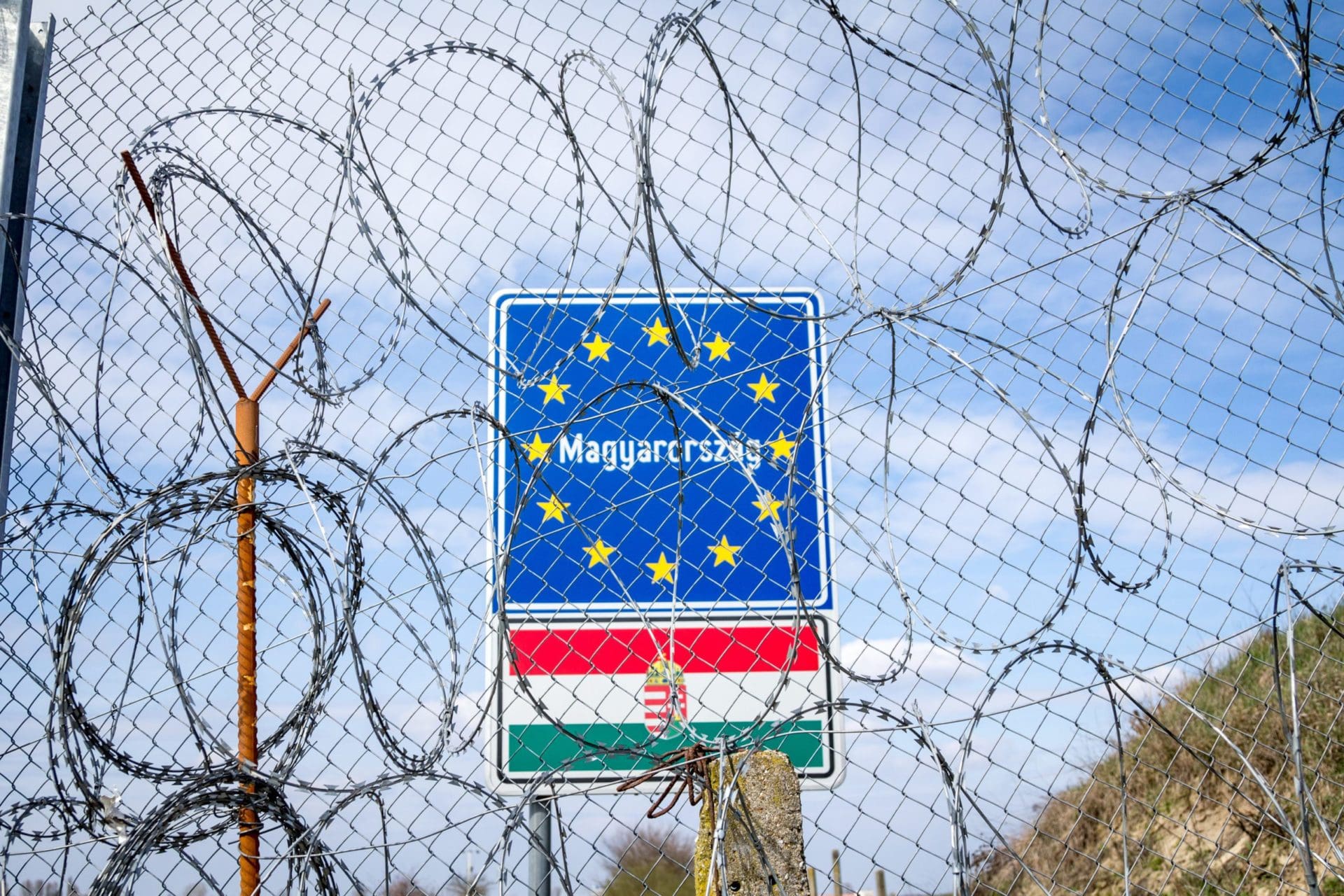Three-quarters (76 per cent) of Hungarian voters believe that the European Union should contribute to the costs of the defence against illegal migration. Additionally, nearly two-thirds (66 per cent) of respondents consider the European Court of Justice’s ruling against Hungary unjust. The ECJ decision requires the country to pay 400 million forints daily, totalling 80 billion forints, for protecting its borders, according to a survey by the Center for Fundamental Rights, details of which were shared on Wednesday.
The survey, conducted between 16 and 18 September with 1,000 adults, revealed that eight years after a national referendum politically rejecting mandatory relocation quotas, Brussels continues to manage migration in the same manner: under a new name, but using the old tools, forcing its pro-immigration policy on member states that have been protecting both themselves and Europe’s borders for nine years.
Since the outbreak of the migration crisis, Hungary has consistently advocated for curbing illegal immigration and ensuring the safety of European citizens. In contrast, Brussels’ decision-makers have promoted a culture of unlimited acceptance, which, according to the survey, has resulted in terrorism becoming a part of everyday life in Western Europe.
The report continued by highlighting that Germany has had to introduce temporary border controls, and Berlin is not alone, as this year, ten additional Schengen countries decided to abandon the progressive concept of open borders.
‘The majority of respondents expect financial support from the European Union for the defence of Hungarian and European borders’
The survey noted that the double standards applied to member states have never been so apparent: while Germany’s decision was quietly accepted, Italy’s former interior minister Matteo Salvini faces six years in prison for attempting to curb illegal migration, and Hungary has been fined by the European Court of Justice for protecting Europe’s borders. The ruling requires Hungary to pay approximately 80 billion forints and an additional daily fine of 400 million forints to the EU budget to enforce what the report describes as ‘the liberal dictate’.
According to the report, Hungarian public opinion strongly rejects the European Court of Justice’s attempt at influence, with two-thirds (66 per cent) of respondents finding the ruling unjust. The Center for Fundamental Rights argued that this is no coincidence, as the Luxembourg court’s ruling against Hungary was made by judges whose independence and political impartiality are questionable, citing their close ties to the Soros Open Society network. It also emerged that the domestic climate remains firmly in favour of border protection, and the majority of respondents (76 per cent) expect financial support from the European Union for the defence of Hungarian and European borders, which the state has spent 800 billion forints on since 2015.
‘The national government, based on the result of the referendum held eight years ago to the day, which politically rejected the mandatory relocation quotas, continues to maintain a clear stance: the problem should not be brought to Europe, but help should be delivered to the countries in need,’ the survey stated.
The government’s position on curbing illegal migration enjoys broad electoral and social backing, a national consensus that pro-immigration Brussels and Hungarian left-wing representatives have been unable to accept since 2015, according to the survey.
Related articles:







